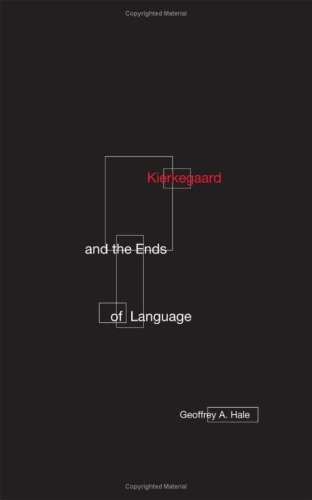

Most ebook files are in PDF format, so you can easily read them using various software such as Foxit Reader or directly on the Google Chrome browser.
Some ebook files are released by publishers in other formats such as .awz, .mobi, .epub, .fb2, etc. You may need to install specific software to read these formats on mobile/PC, such as Calibre.
Please read the tutorial at this link: https://ebookbell.com/faq
We offer FREE conversion to the popular formats you request; however, this may take some time. Therefore, right after payment, please email us, and we will try to provide the service as quickly as possible.
For some exceptional file formats or broken links (if any), please refrain from opening any disputes. Instead, email us first, and we will try to assist within a maximum of 6 hours.
EbookBell Team

4.7
96 reviewsIn mutually reflective readings of Kierkegaard's foundational texts through the work of three pivotal authors-Franz Kafka, Theodor Adorno, and Rainer Maria Rilke-Hale shows how each of these writers draws attention to the unwavering sense of human finitude that pervades all of Kierkegaard's work and, with it, the profoundly unsettling indeterminacy in which it results. It is the very limitations of language, Hale argues, that hold it open to meaning, to interpretation, and thus to freedom. Resisting clear circumscription in this way, Kierkegaard's work becomes all the more fruitful to us-and all the more challenging-to the extent that it resists our understanding.
Geoffrey A. Hale received a Ph.D. in German from The Johns Hopkins University and studied at the Free University in Berlin through a Fulbright scholarship